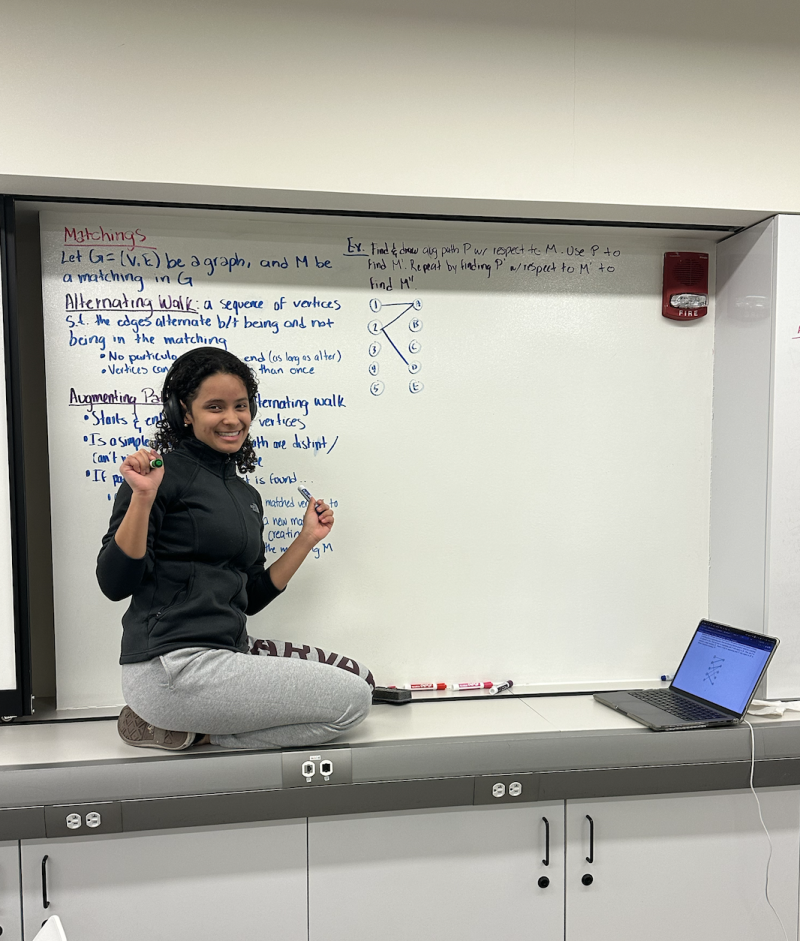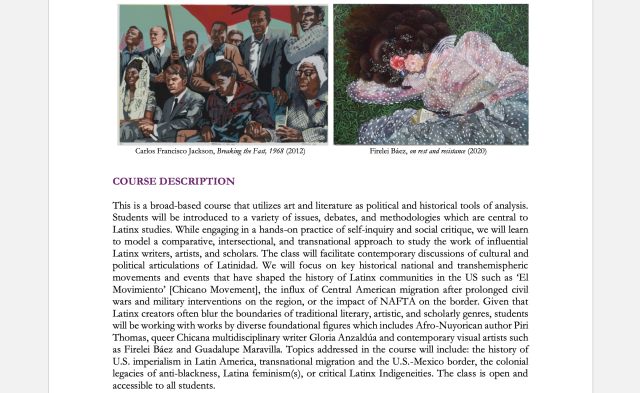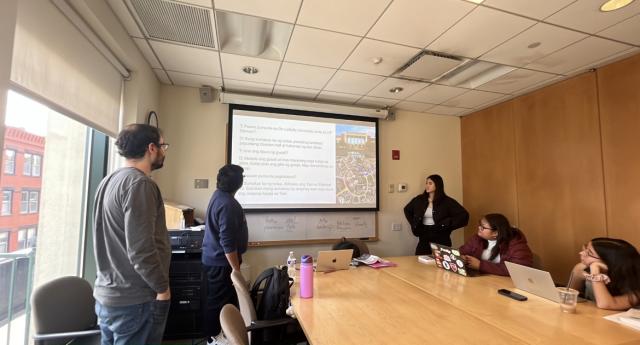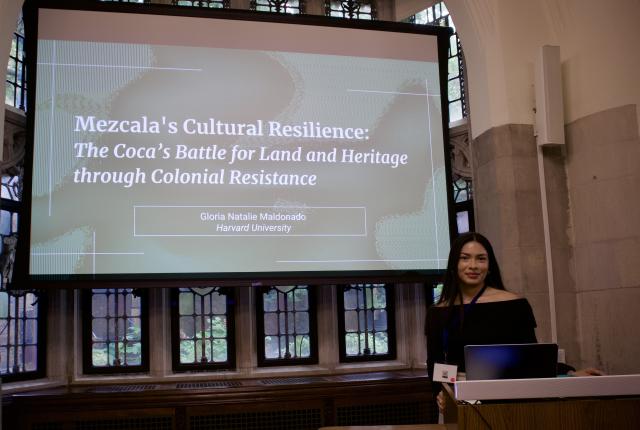Coming into college, I was inspired by the plethora of concentrations offered that could feed my insatiable need to learn everything. Unfortunately, at the time of my admission, Harvard did not offer Double Concentrations–that is, the option to complete two concentrations–instead, they offered Joint Concentrations.

A Joint concentration, unlike the standard Double Concentration that most undergraduate universities and colleges offer, is essentially the combination of two degree programs. Instead of completing the full requirements of both degrees, you instead list one concentration as your primary and the second as an allied concentration. The courses required are equally distributed between both fields to essentially be around the same amount of courses required for one concentration, or it may be about 2 or 3 additional courses, and a requirement of the joint concentration is the completion of a Thesis that combines both fields that you chose. For example, the Thesis Social Anthropology track consists of 12 course requirements and a thesis, the Thesis Human Evolutionary Biology Track requires 15 courses and a thesis, whereas a joint concentration of Human Evolutionary Biology and Social Anthropology would require 16 courses and a thesis. Suffice it to say, if you’re interested in more than one field and in writing a thesis, a Joint Concentration may be the path for you!

However, there are some unfortunate caveats–not all departments and concentrations offer the option of declaring a joint concentration. For example, concentrations such as Economics and Psychology are not eligible for the joint concentration pathway. For someone like me who had a million interests except for writing, the joint concentration pathway did not sound appealing at all–especially the requirement of writing a thesis. Scary!
Fortunately, starting my sophomore year, Harvard began allowing students to double declare or rather double concentrate. The difference between double concentrating and joint concentrating largely is a matter of the amount of courses you have to take and the thesis requirement. Lucky for me as a double concentrator, I am not required to write a thesis but if I wanted to I could write a thesis for one or for both!

However, the caveat to this is that instead I do have to complete the full requirements of both degrees. So, say I were double concentrating in Social Anthropology and Human Evolutionary Biology–the basic Social Anthropology concentration requires 10 courses whereas the basic Human Evolutionary Biology concentration requires 13 courses. So in total, this would mean that I would need to take 23 courses–apart from my required Gen Ed and distribution requirements.
Keeping in mind that there are 4 Gen Ed requirements, 3 distribution requirements, and a 1-year language requirement that is usually completed through 2 courses. Adding this up, that means that the total courses I need to complete to fulfill all requirements are 32. But there's a small problem; if I took the standard of 4 courses per semester, this would mean within my college career, I can take 32 courses. In other words, my requirements fill up my entire course schedule and don’t really give me space to take other classes for fun or academic curiosity.

There are some ways around this. To start, take a language placement test! This way you can place out of the language requirement or at least partially. In the event that you place as say intermediate/beginner, this would mean you only have to take one language course and not the required two. In my case, I was able to place out by taking the Spanish Placement test. Heritage speakers, I fully encourage you to take the placement test even if you are not confident in your ability to speak Spanish because I was pleasantly surprised. From there, we would decrease our requirements by 2!
At least one distribution requirement is likely able to be fulfilled by a concentration requirement–in other words, you can double count a course to fulfill both requirements. The same can be done with Gen Ed requirements in that they may be able to fulfill a concentration requirement. In order to check, I would recommend going to your concentration page and usually departments will post a sheet with all of the course offerings within the department for the semester and you can check if there are any Gen Eds. In some cases, you may also be able to petition for a course you have taken to count as a concentration requirement, but this path is less stable/more unsure.
Using these tips and tricks and occasionally taking a 5 class semester, I have been able to explore more of my interests and may potentially complete a secondary in Global Health and Health Policy or take classes for fun.









